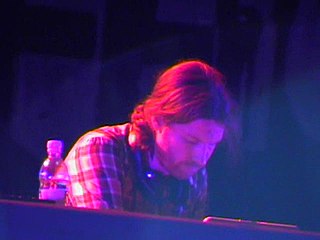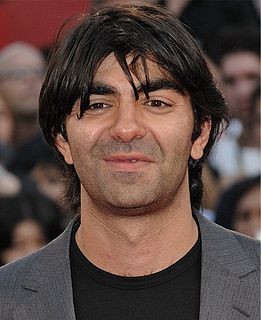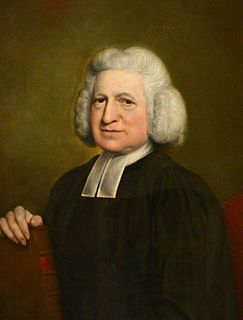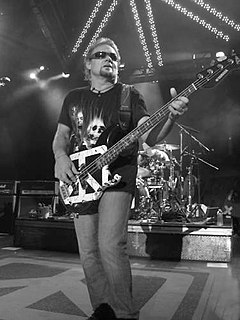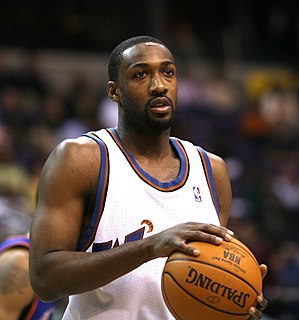A Quote by Leonard Cohen
Now I've heard there was a secret chord That David played, and it pleased the Lord But you don't really care for music, do you? It goes like this the fourth, the fifth The minor fall, the major lift The baffled king composing Hallelujah
Related Quotes
I never heard anything so brilliant in my life as I did that first time I heard Ornette. He played like some revolutionary angel. Soon, we were rehearsing in his place, music scattered everywhere, and he was telling me to play outside the chord changes, which was exactly what I had been wanting to do. Now I had permission.
They gave high fives to all the players who say like the most obvious textbook answers in the world. It's like after each game, you already know what they're going to say. If they lost: "Ahh ... Tough loss." It's like, come on, how do you guys fall for that? And if they something that they really feel, everyone goes crazy. Like "Oohh! He's spazzing out!" Now he gotta say sorry for saying something he really felt. It's like, Oh lord.


